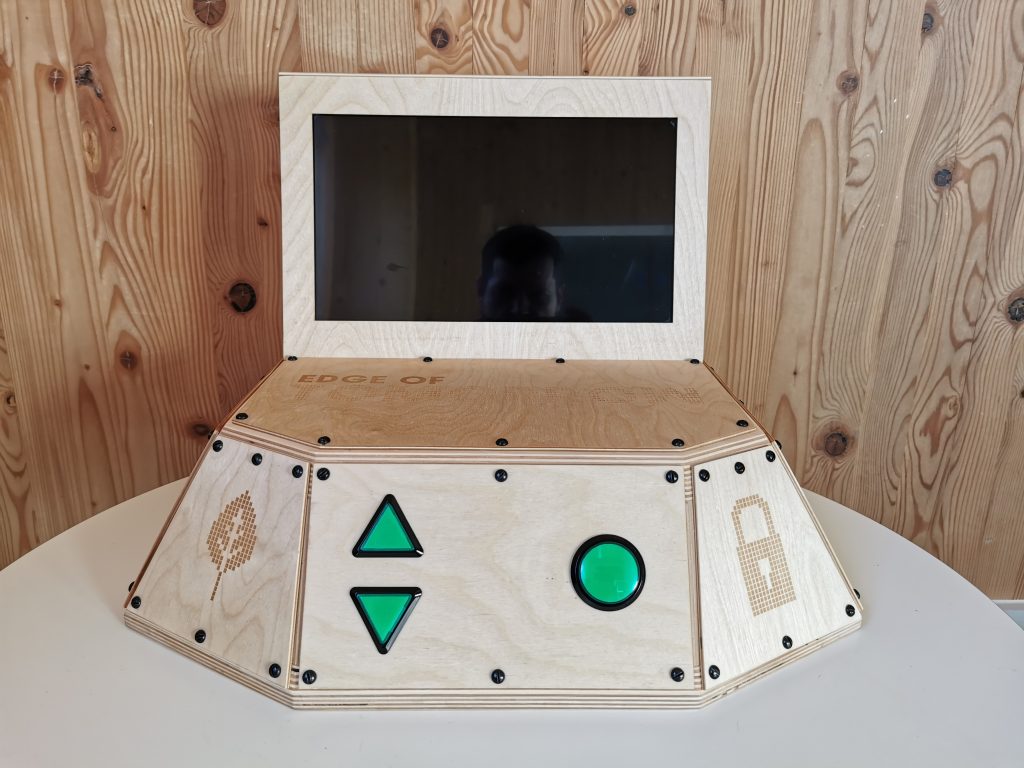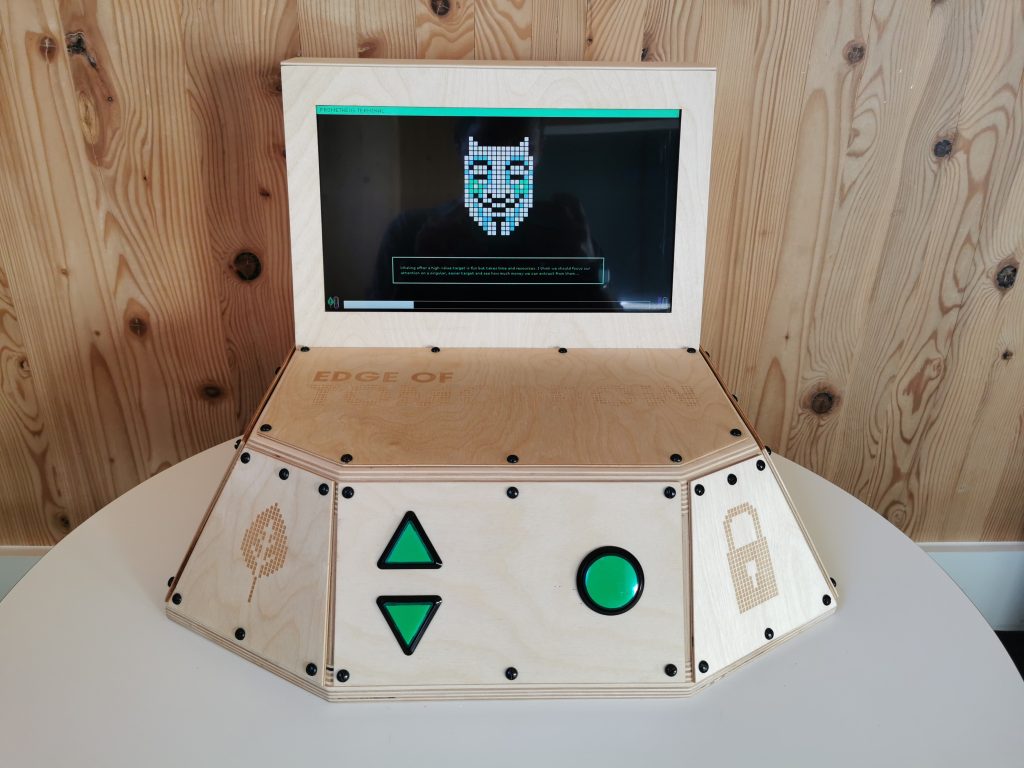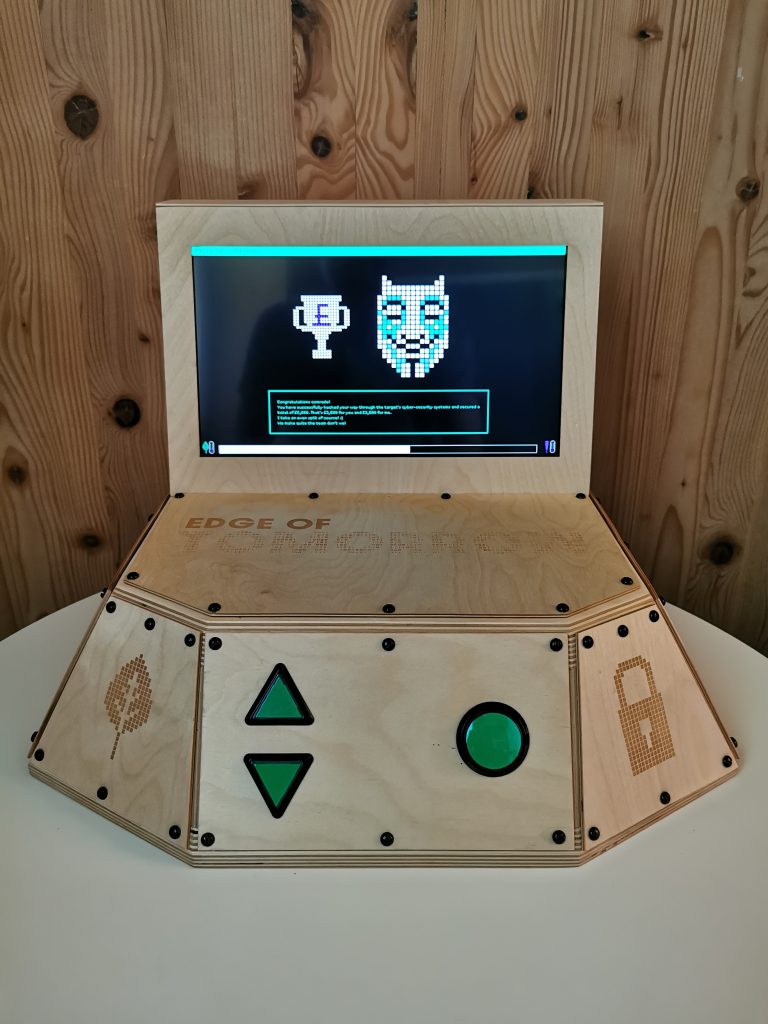Dr Adrian Gradinar, Dr Micheal Stead, Dr Franziska Pilling, Ian Forrester (BBC R&D)
The Edge of Tomorrow project aimed to improve the acceptability and adoption of more secure and sustainable IoT devices and systems. This was achieved through an investigation of the relationship between cybersecurity, datafication, and sustainability at the Edge.
How data is created, processed, and stored is increasingly affecting the planet’s natural environment and leading to cyber-security issues. Edge Computing (EC) is being promoted as a more secure, private, and increasingly better sustainable option for data generation and processing. The adoption of edge networks will undoubtedly continue to increase due to the perceived benefits the technology brings as an alternative to contest issues associated with cloud scalability. Whilst EC diminishes issues relating to latency management and some security and sustainability problems associated with cloud services, it is also starting to generate a range of difficulties in terms of both data security and sustainability. To unpack some of these challenges, this project explores how worlding games can communicate the often imperceptible and entangled nature of new technologies into tangible and situated experiences that users can easily understand.
Our research takes the shape of The Prometheus Terminal, an interactive game portraying a hacker’s journey through a perceptible world of computer networks and sustainable data practices. In this world, the player must navigate the environmental effects caused by their data footprints whilst carrying out a cyber-attack. The game’s main aim is to make the intangible consequences of data choices tangible, particularly the consequences that data-driven CO2 emissions have upon the natural environment



